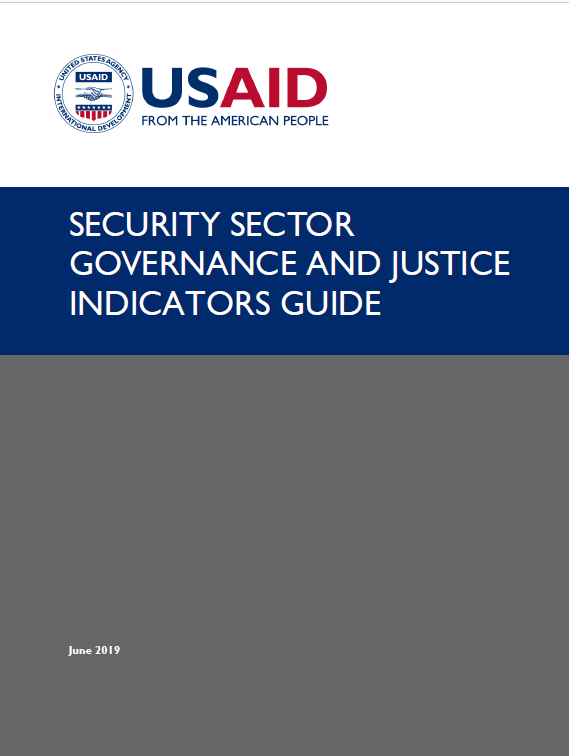Speeches Shim
The United States Agency for International Development (USAID) has extensive experience in implementing security sector reform (SSR) programming. As defined by the U.S. government, SSR is “the set of policies, plans, programs, and activities that a government undertakes to improve the way it provides safety, security, and justice.” The overall objective of SSR is the provision of effective and legitimate public service that is transparent, accountable to civilian authority, and responsive to the needs of the public. Donor assistance for SSR spans a wide range: integrated activities in support of defense and armed forces reform; civilian management and oversight; justice and the penal chain; police and public safety; improving corrections facilities and due process; intelligence reform; national security planning and strategy support border management; disarmament, demobilization, and reintegration; and reduction of armed violence including small arms/light weapons.
Under USAID implementation, SSR projects and activities address common challenges (see text box, next page) in developing countries, such as unequal access to justice (especially for marginalized communities), inefficient police investigations, slow court processes, poor cooperation with prosecutors, inhumane prison conditions, weak border control, inappropriate response to violence against women and girls, and inadequate civilian oversight of security forces. In this work, the SSR programs seek to strengthen the fairness, efficiency, and effectiveness of security sector institutions and to improve citizens’ ability to hold these institutions accountable.
However, measuring progress in SSR is difficult to do well. Due to the sensitive nature of the work of security sector institutions such as the armed forces, police, and intelligence communities, there are challenges to obtaining accurate and complete primary data. Further, public perceptions of institutions’ strengths and weaknesses tend to be relatively volatile and not necessarily aligned with the actual performance of service rendered, depending on how information is communicated and amplified. To shed light on a more complete picture of SSR progress, careful selection of indicators is essential. Moreover, indicators should be interpreted in baskets, rather than individually, to obtain a reliable understanding of the situation. Because various security sector institutions and agencies need to cooperate for the sector to function optimally, it is generally advisable that indicators, when feasible and programmatically appropriate, measure performance across institutions and agencies.


Comment
Make a general inquiry or suggest an improvement.